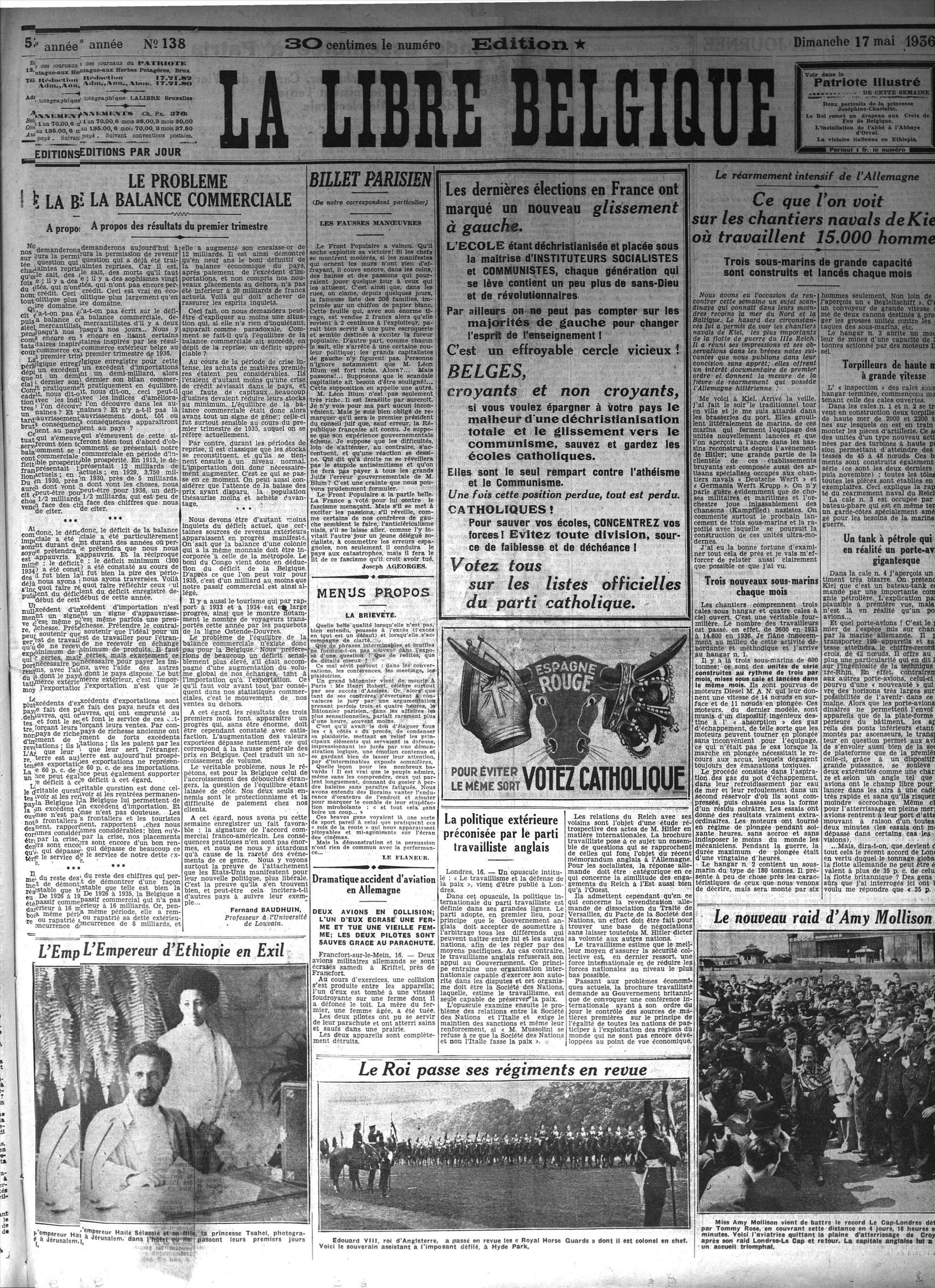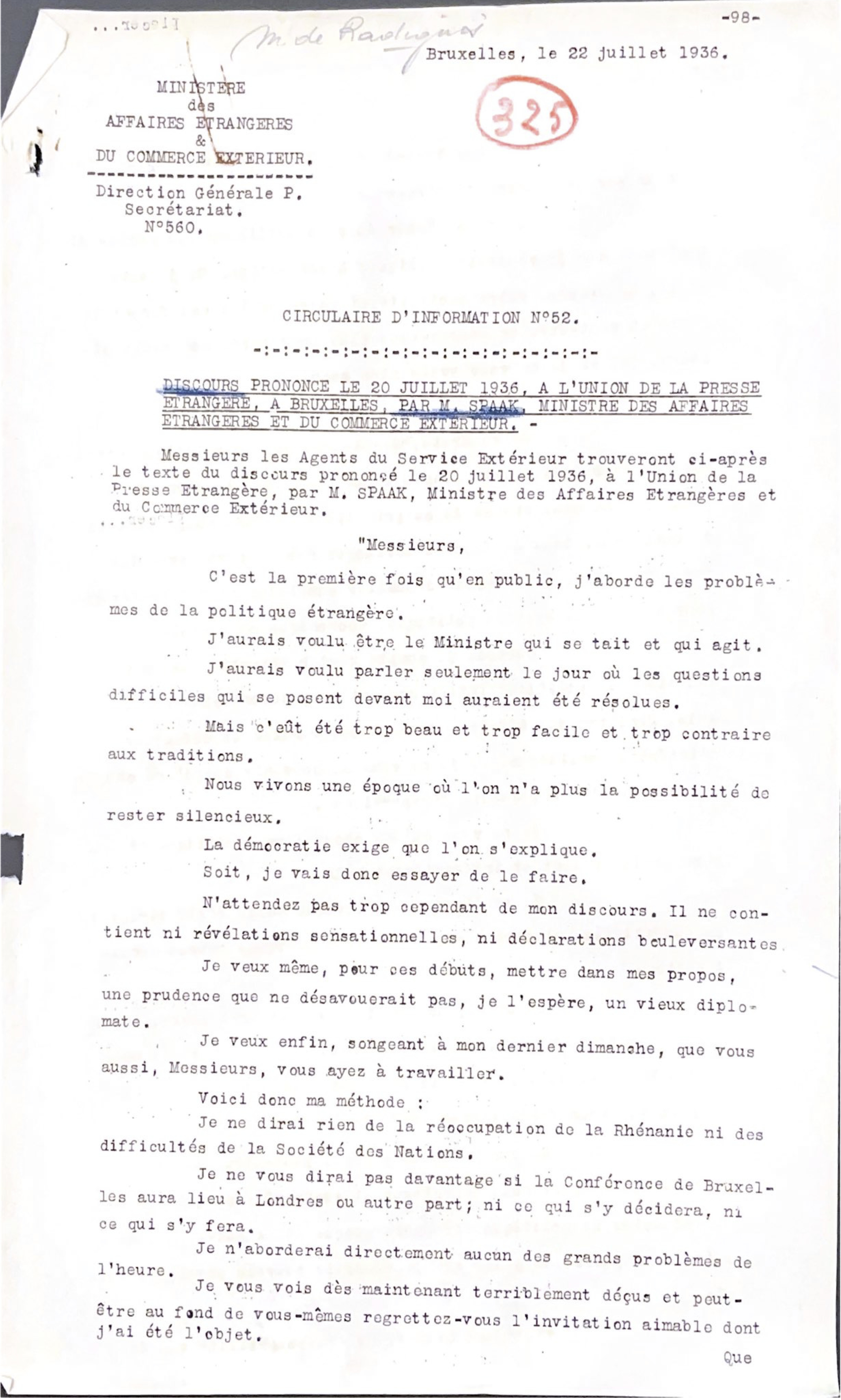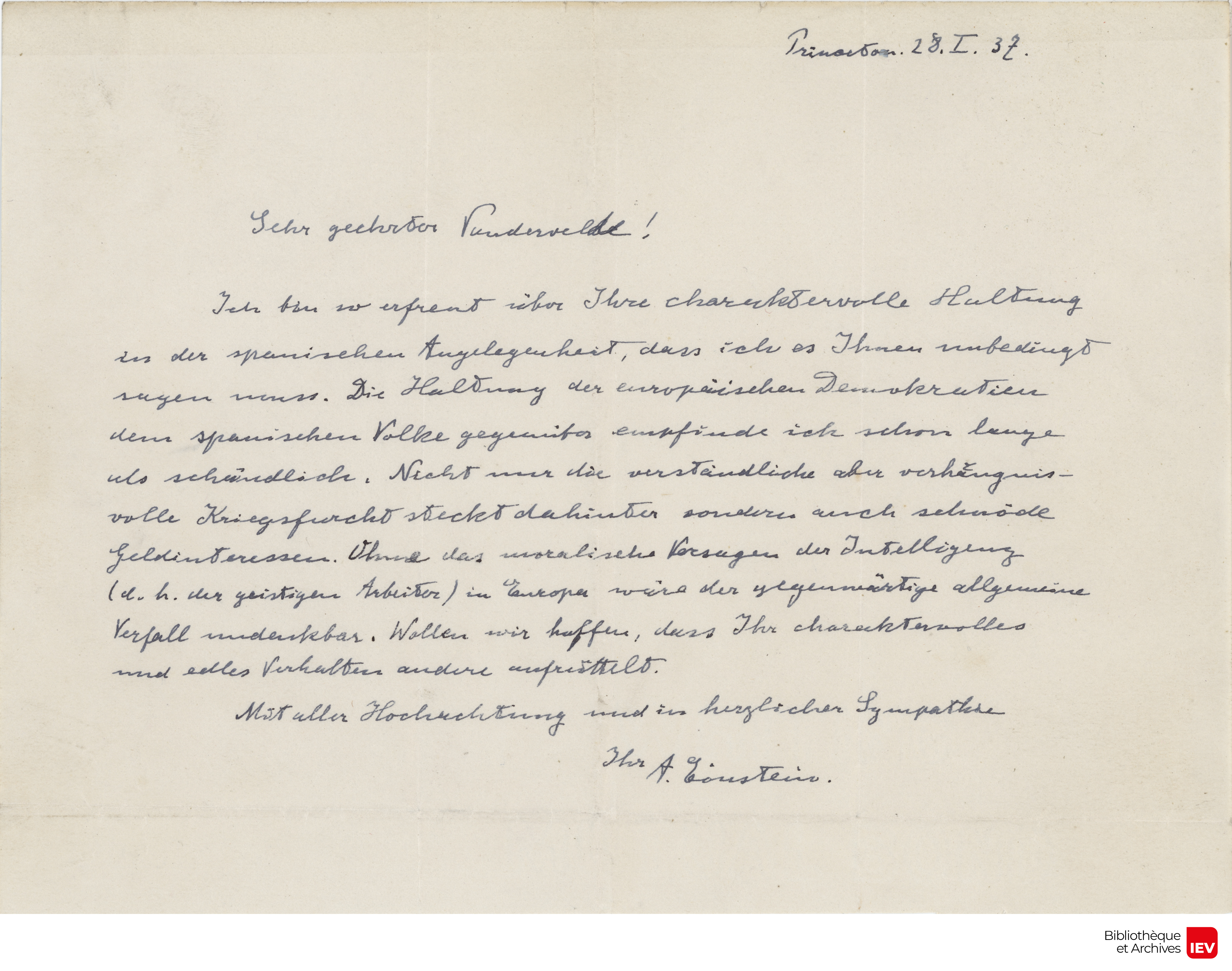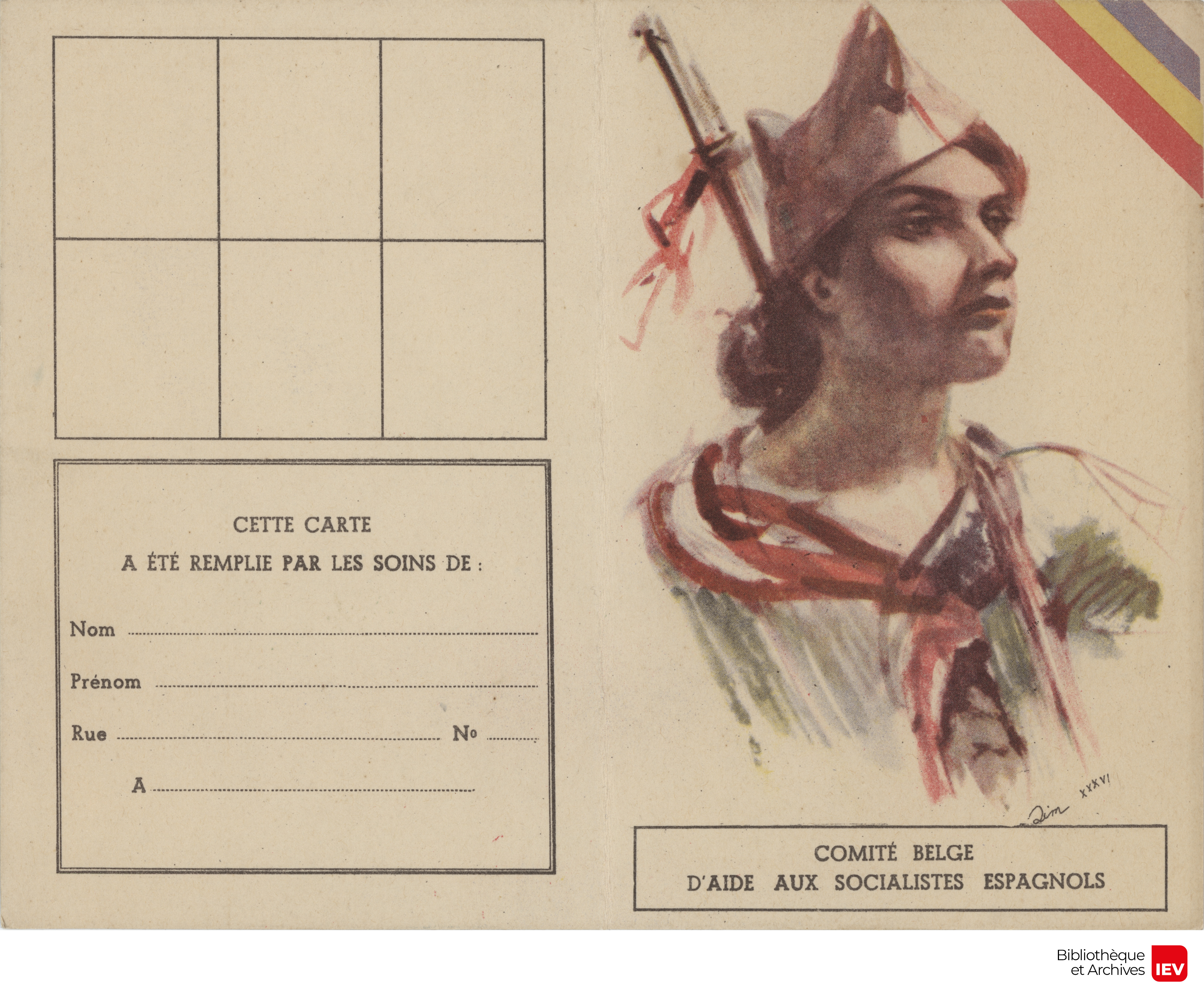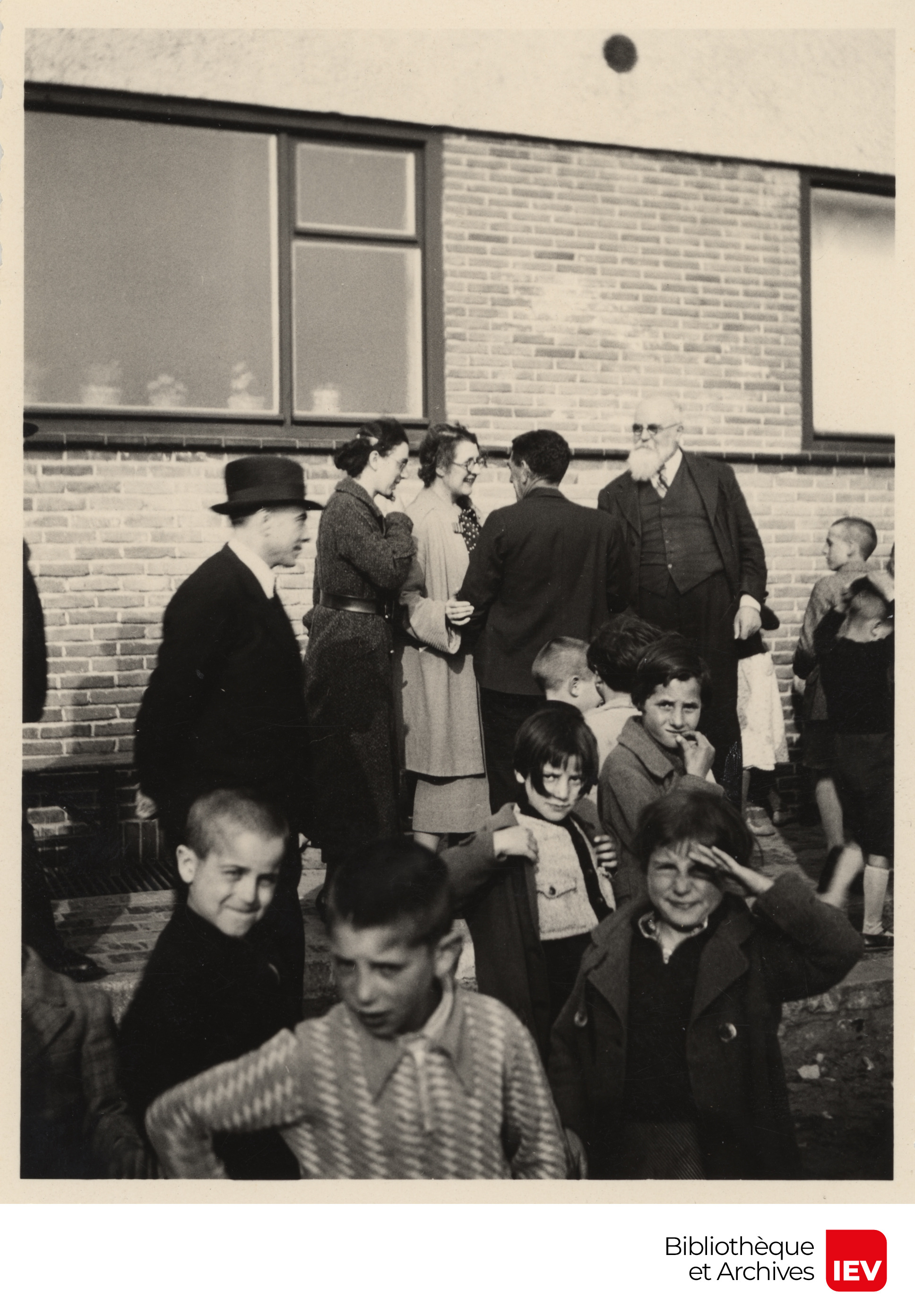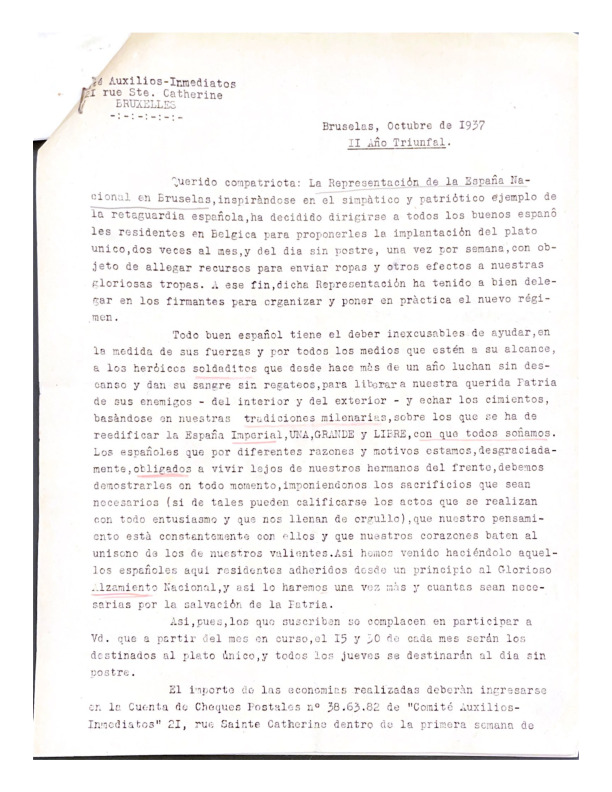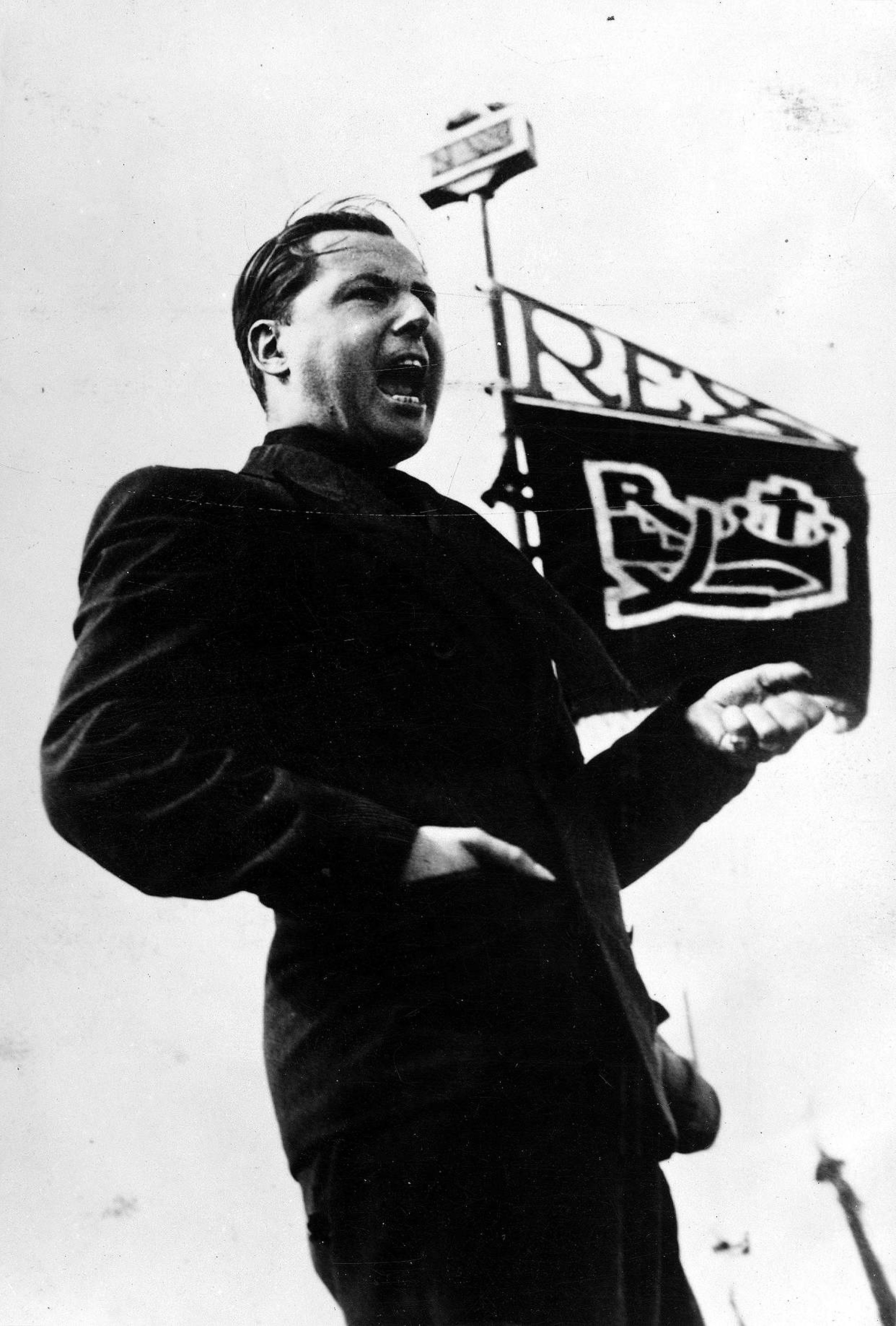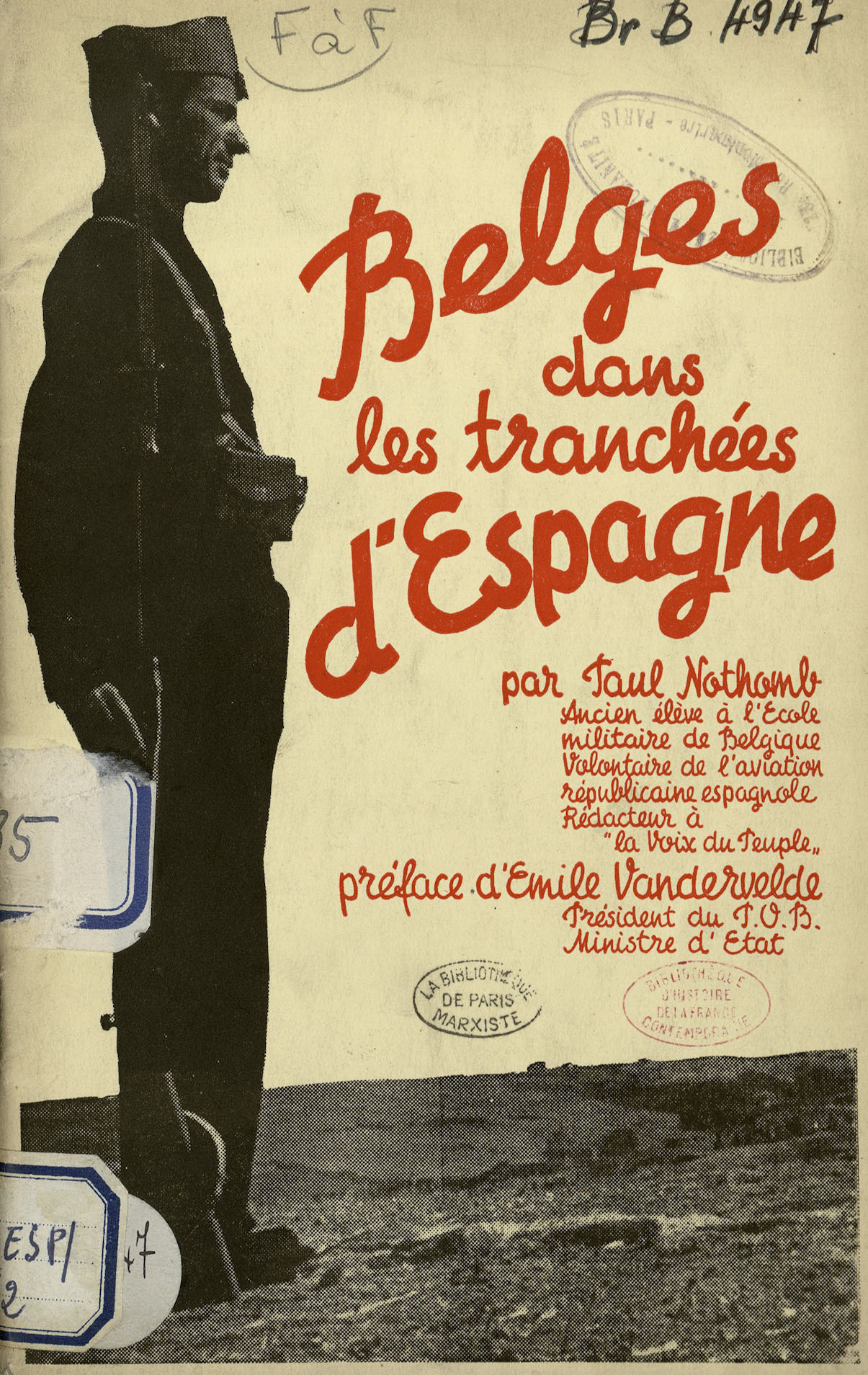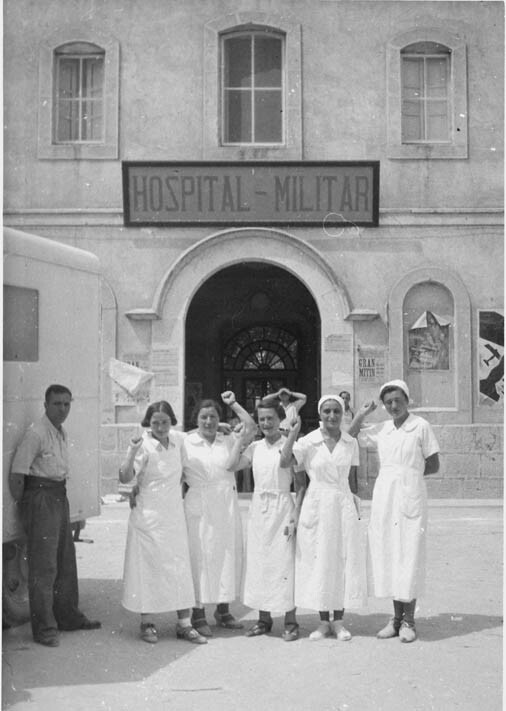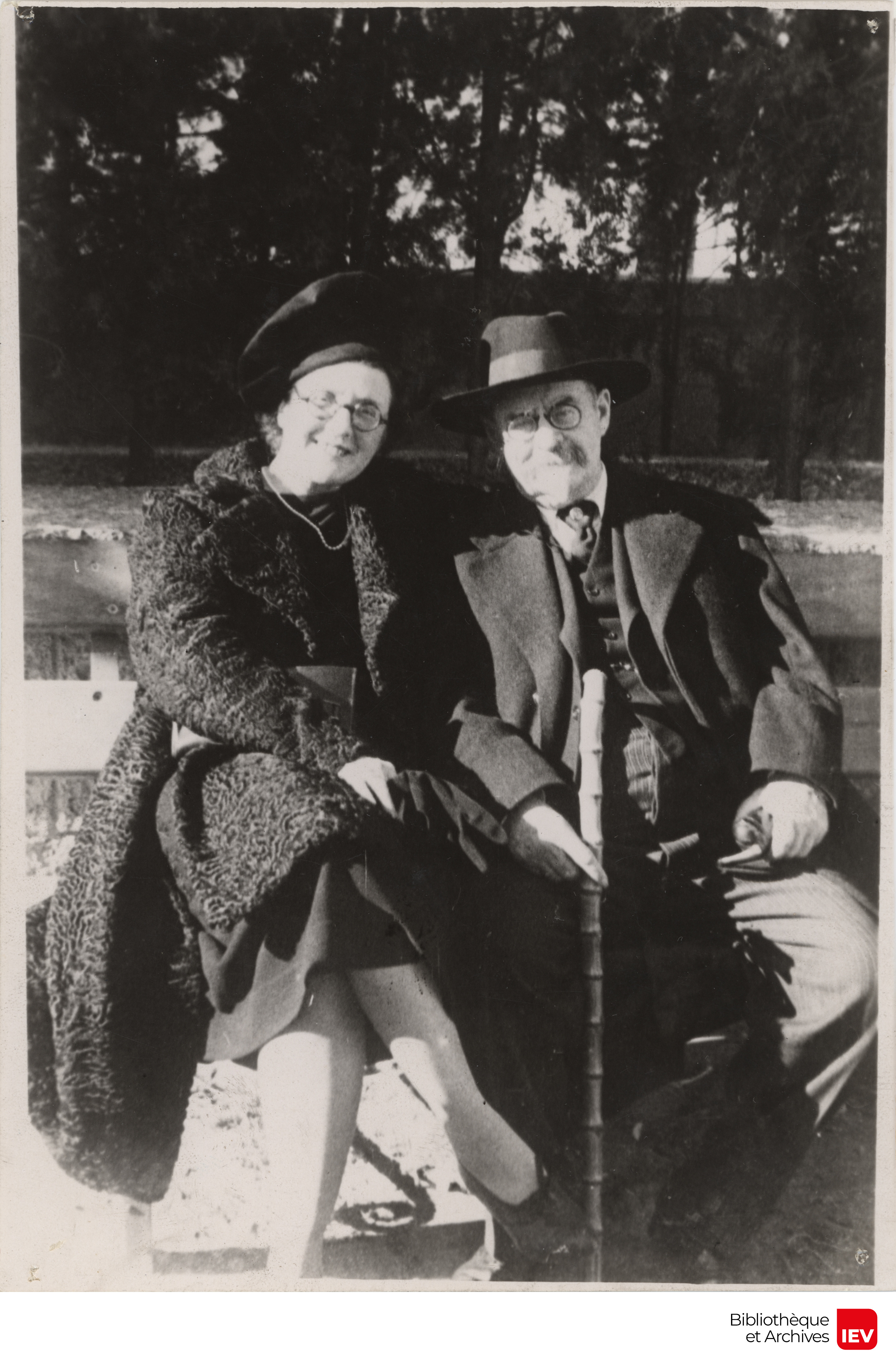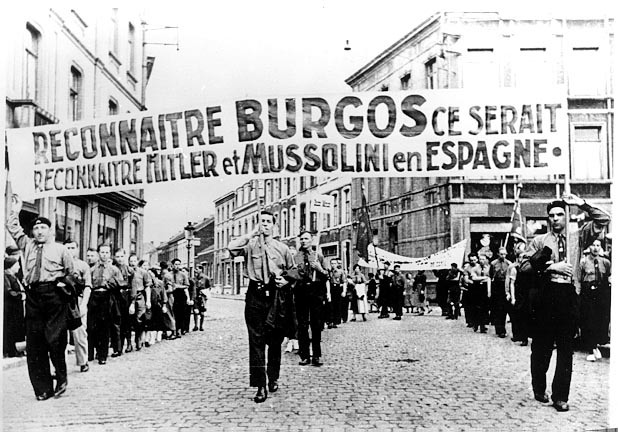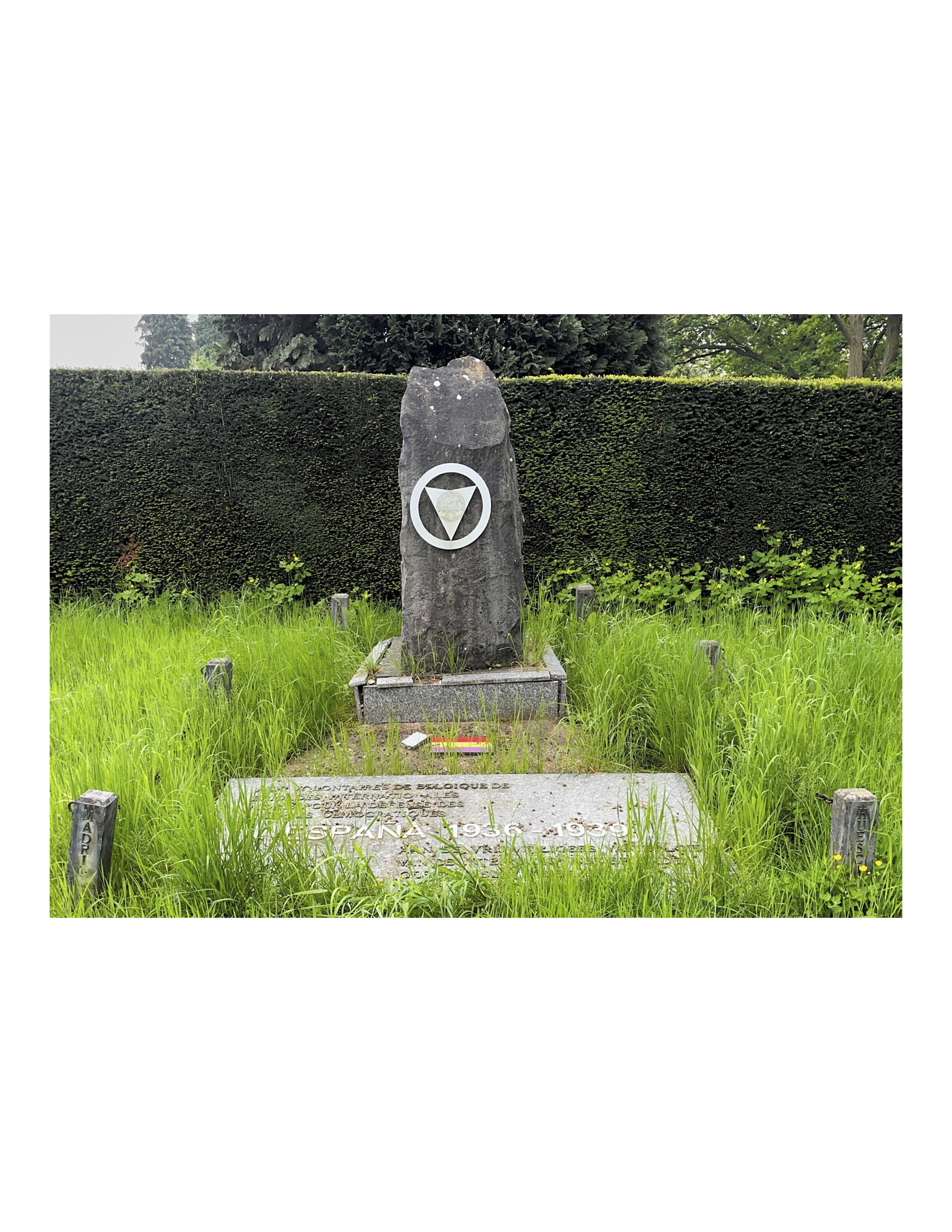The Spanish Civil War affected Belgium on two levels. First, it had an impact on the country’s foreign policy as it presented one more obstacle to gaining international recognition for what had been called the “Hands Free Policy”. Following Germany’s violation of the Treaties of Locarno by its remilitarization of the Rhineland, Belgium abandoned the system of collective security and opted for neutrality as a way of protecting its territorial integrity in the face of a potential European war. Adhering to the Non-Intervention Agreement helped gain international recognition for this change but it also caused domestic political debates.
This led into the second level. The Civil War affected Belgian society by further intensifying the political polarization of the country. The Socialist, Catholic and Liberal coalition government was faced with the challenge of maintaining its unity and not providing opportunities for authoritarian alternatives such as the Rex party. Thus, on top of the tensions within the Socialist Party over how to respond to the situation in Spain which led to a number of major political crises, there was the added pressure from left-wing parties and youth organizations to reject Non-Intervention and assist the Spanish Republic, the propaganda battle over Spain that was waged in the Belgian press, and the Rexist propaganda campaign which used Spain as a major weapon in its efforts to destabilize the governing coalition.








